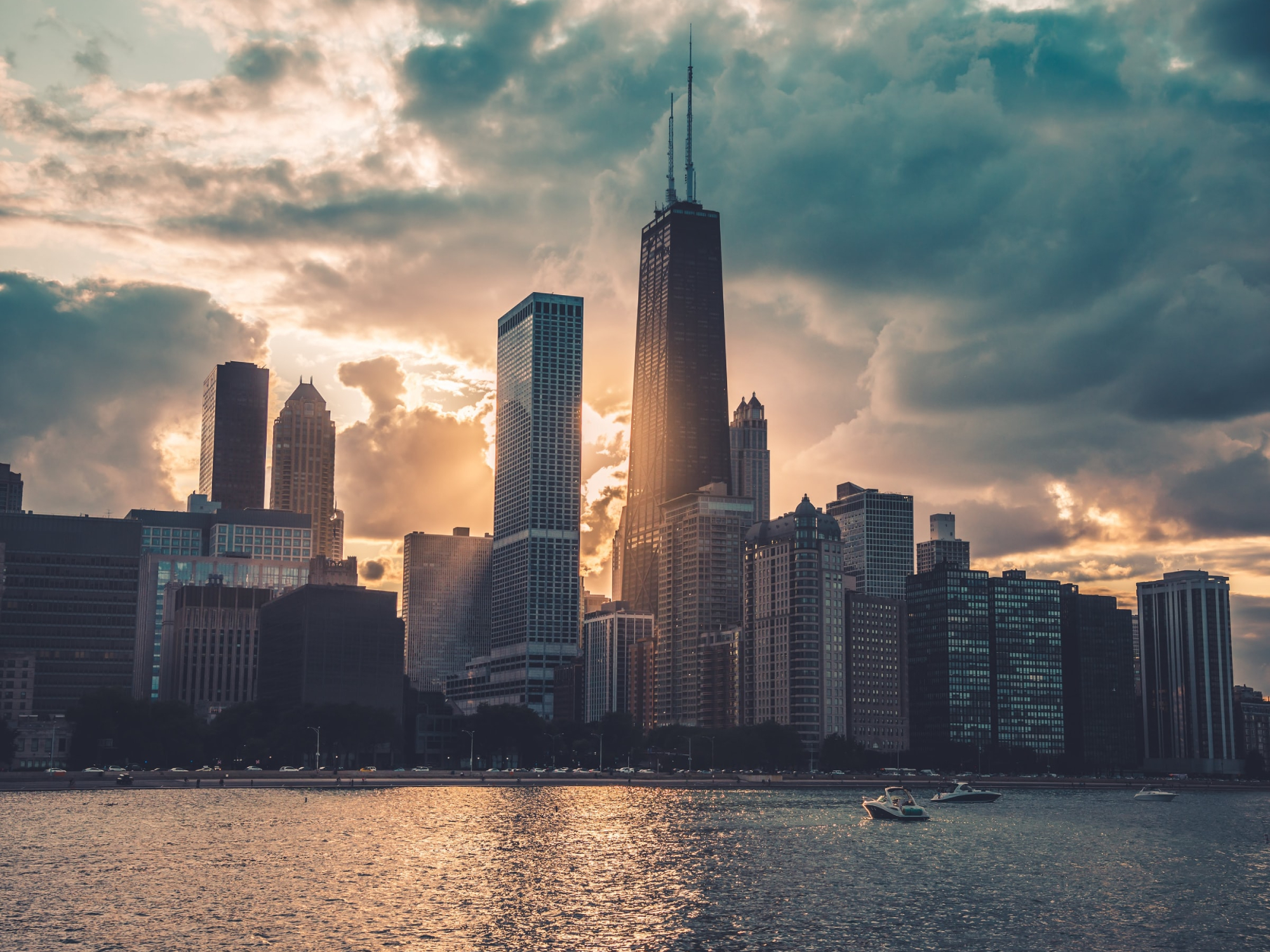

Growing up near the Illinois-Wisconsin state line and eventually living in both states, I heard a lot of colorful language tossed around to describe each one’s inhabitants.
Of course, there were the proper Illinoisans and Wisconsinites, but we also slung back and forth with a couple of alternatives—Cheeseheads, a derogatory term for Wisconsin residents (that they also embrace) and FIBs, an acronym for “F***ing Illinois Bastards,” which is generally used by Wisconsinites when driving on the same roadway as an Illinoisan.
People from Wisconsin also call themselves Badgers, an homage to the University of Wisconsin’s mascot, and depending on where you are in Illinois, you’re also a Chicagoan. Right next door it’s Indiana, where residents call themselves Hoosiers and, on rare occasions, Indianans. It gets even more convoluted when you narrow it down to American cities.
Coming up with the correct way to refer to a place’s residents on the fly can be tricky. If you don’t want to step on anybody’s toes, it’s important to know what demonyms are and how to use them.
Demonyms are easy when you know the rules
Linguistically, almost all of those terms (with the exception of FIBs—sorry!) are correct. This is because of a language process called derivational morphology, which controls what suffixes we add to the ends of words to create new ones. For example, we add -ize to “rational” to form “rationalize.”
For demonyms, or the words we use to refer to the natives and inhabitants of a place, we add suffixes like -ians or -inites to the names of cities and countries.
“All derivational morphology tends to be irregular and somewhat unpredictable, although there are certain rules,” said Frank Nuessel, a linguistics professor at the University of Louisville and an expert in onomastics, the study of proper names.
This means there are a few patterns that tend to repeat themselves, but they depend on the word you’re using as a base.
If a place name ends in an A, like Atlanta, you typically add an N, resulting in Atlantans. Place names ending in E often get an -an as in Baltimorean. If a place name ends in a K, it typically gets an -er after the name, like New Yorkers. Place names ending in other consonants get an -ian, like Houstonian or, as in Nuessel’s Indiana home of New Albany, New Albanian.
[Related: The language you speak changes your perception of time]
If a place name ends in an O, you’d replace it with an -an or -ian based on the stress pattern of syllables—like San Diegan or San Antonian. Chicago is an idiosyncrasy or an exception to the rule, where the O is left intact and the -an is added afterward.
Sometimes rules don’t apply
The tricky part comes when people from a certain location prefer to be called something other than what is linguistically appropriate—like with Hoosiers, or Burqueños for Albuquerque residents.
This is because demonyms are derivational, which means the suffix people use or word they prefer derives from local sentiment, not grammatical rules. That is something you can typically only pick up on when you’ve lived somewhere for a while or are close to someone who has.
“A person that comes to Phoenix might call it Phoenixonian or Phoenixite out of ignorance,” Nuessel said. “But I’m sure the people who have lived there for a long time would just naturally call it Phoenician. It’s something they learned early-on or acquired over many years.”
If you’re already stressing out about getting it wrong, here’s a quick cheat sheet with the linguistically proper way to refer to the residents of the 10 most populous cities in the United States.
New York: New Yorker
Follows the rule of a place name ending in K getting an -er suffix.
What they actually prefer: New Yorker, Gothamite (rarely).
Chicago: Chicagoan
An idiosyncrasy. The O remains instead of being replaced with –(i)an.
What they actually prefer: Chicagoan
Houston: Houstonian
Follows the rule of a consonant getting an -ian suffix.
What they actually prefer: Houstonian
Phoenix: Phoenician
An idiosyncrasy. The name derives from Greek.
What they actually prefer: Phoenician
Philadelphia: Philadelphian
Follows the rule of an -n being added to a place name ending in A.
What they actually prefer: Philadelphian
San Antonio: San Antonian
Follows the rule of O being replaced with -(i)an.
What they actually prefer: San Antonian
San Diego: San Diegan
Follows the rule of O being replaced with -(i)an.
What they actually prefer: San Diegan
Dallas: Dallasite
An idiosyncrasy. The name is personal preference, though the suffix derives from Greek.
What they actually prefer: Dallasite, Dallasonian, Dallas Native
San Jose: San Josean
Follows the rule of a place name ending in E getting an -an afterwards.
What they actually prefer: San Josean, San Josefino (for men), San Josefina (for women).
Los Angeles: Angeleno, Angelino, or Angeleño
This is an idiosyncrasy, as the name derives from Spanish.
What they actually prefer: Angeleno, a Person from LA, Angelino, Los Angeleno, Los Angelan.
The names on this list rarely evolve, but this is one notable exception. The original term for residents of Los Angeles was Angeleños, with the Spanish letter Ñ. The character disappeared in the 1870s when more residents moved in who didn’t speak Spanish.
“There’s a translation of grammar—English grammar—onto an original Spanish word,” Nuessel says.
The bottom line here is simple. There may be grammatical and linguistic rules for demonyms, but they aren’t always hard and fast. The easiest way to not offend anyone, is to ask them what they want to be called.
